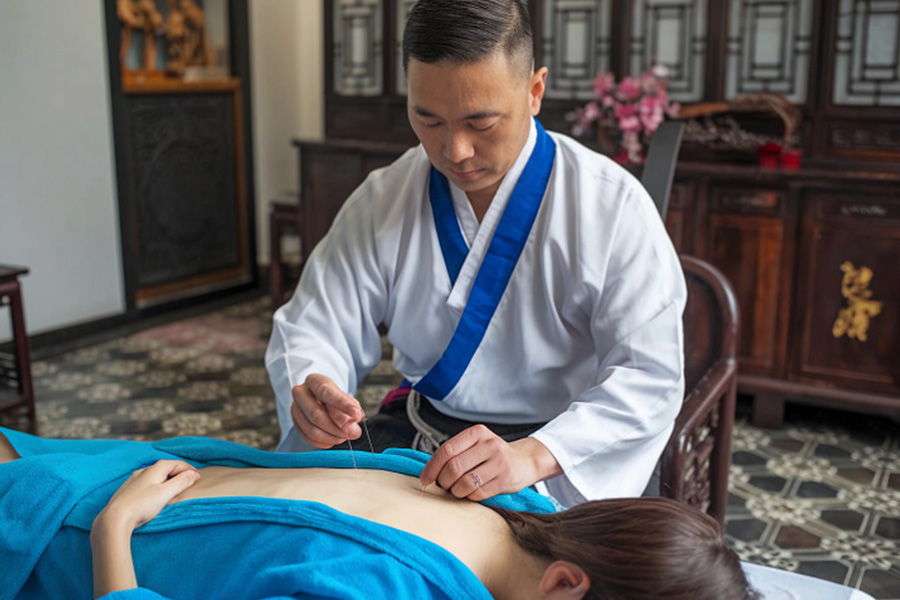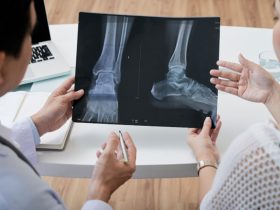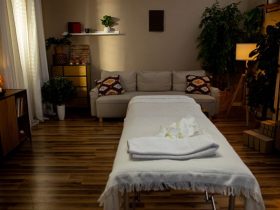In the high-tech, fast-paced environment of Singapore, it may come as a surprise that Traditional Chinese Medicine still has a valued role in healthcare. Increasingly, however, more individuals are going to a Traditional Chinese Medicine clinic to look for holistic and natural solutions to illness. While Western medicine leads in diagnostics and emergency treatment, TCM offers a complement with centuries of empirically gathered knowledge. The complementarity of these two systems means patients have wider and more comprehensive choices in healthcare.
The Basic Principles of Ancient Chinese Medicine
Traditional Chinese Medicine relies on the principle of balance. It revolves around the belief that good health is obtained once the body’s essential energy, or qi, flows freely along channels known as meridians. Disease, from the TCM point of view, results from imbalances or obstruction in the flow of this energy. Therapies work by restoring harmony by means of multiple approaches like acupuncture, herbal remedies, tuina massage, and cupping.
What sets TCM apart is that it is a personalised system. A TCM doctor will examine not only for symptoms but also habits, mood states, and even patterns of sleep to determine the underlying cause of an illness. This holistic analysis enables them to design treatment plans that are individualised to the person, as opposed to applying a one-size-fits-all approach.
Why TCM Remains Relevant Today
Even with Singapore’s sophisticated healthcare system, locals often turn to TCM for long-term ailments such as joint pain, digestive problems, and menstrual disorders. This is usually because Western medicine will get rid of the symptoms fast, but fails to tackle the underlying imbalance. A TCM doctor, on the other hand, prioritises long-term regulation of the internal environment of the body, which works especially well for unexplained or chronic health issues.
Also, TCM is more acceptable to those who prefer herbal medicines to drugs. In a world where individuals are now more cautious about artificial ingredients and side effects, TCM’s application of herbal medication provides a milder option. Whether for stress relief or immune system support, many patients feel reassured with interventions that work in harmony with the body’s processes.
Integration With Modern Healthcare
The increasing partnership among Western-trained physicians and TCM doctors in Singapore mirrors a global shift towards integrative medicine. Now, it is not rare for a Traditional Chinese Medicine clinic to be partnered with hospitals or general practitioners. The synergy enables patients to tap into the strengths of both systems: they get direct relief from acute symptoms through Western interventions while employing TCM to enhance overall well-being and reduce recurrence.
Additionally, the Singaporean government has made efforts to control the TCM sector, with practitioners being required to have some qualifications and standards. This has enhanced public trust and led to more individuals looking at TCM as a viable form of healthcare.
ALSO READ: Integrating Emma 7 With Acupressure: A Deep Dive Into TCM’s Ancient Techniques and Modern Automation
Common Treatments And Their Benefits
Acupuncture to treat pain and stress is among the most common TCM treatments, along with herbal remedies for better digestion and sleeping quality. For example, individuals often visit a Traditional Chinese Medicine clinic when they have insomnia, not only for treatment but also for guidance on how to modify their lifestyles and routines. This holistic approach is one of the main reasons why TCM is becoming increasingly popular.
In the middle of the article’s discussion, it’s worth highlighting that a well-qualified TCM physician plays a critical role in treatment success. Their ability to interpret the body’s signs and offer targeted therapies can significantly impact healing outcomes. Experienced physicians use tongue and pulse diagnosis, alongside detailed consultations, to develop an in-depth understanding of each patient’s condition.
Is TCM The Right Choice For You?
Although TCM is not meant to replace Western medicine, it can be a useful adjunct. Whether you are experiencing stress, chronic fatigue, or post-operative recovery, the care of a trained TCM doctor can facilitate quicker recovery and better overall well-being. Properly guided, TCM can become an integral part of your lifestyle as a preventive measure, enhancing your resistance and overall quality of life in the long term.
Those contemplating a visit to a Traditional Chinese Medicine clinic should see that the clinic is licensed and that the doctor is certified by the respective authorities. As with all types of healthcare, outcomes may vary based on the individual and the condition he or she is suffering from.
Conclusion
Traditional Chinese Medicine is old, but its impact on today’s Singapore is greater than ever. Its focus on individualised attention, nature-based treatments, and holistic health makes it a popular choice for many. With the increasing demand for holistic healing, TCM continues to prove itself time and again by providing sound assistance in the current health scenario.
Contact NovaHealth TCM Clinic today to learn how it can improve your health.








Leave a Reply